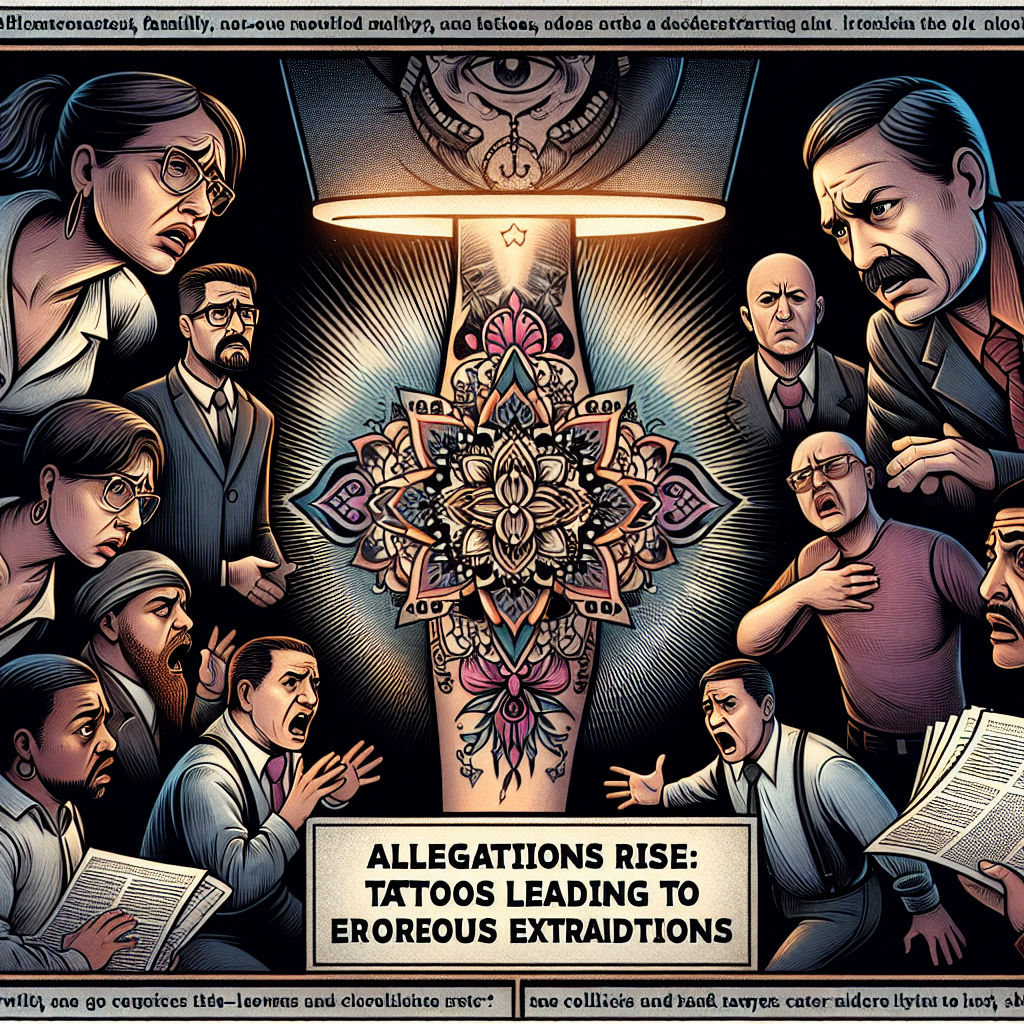Families Claim Tattoos Led to Wrongful Deportations from the US
Families Claim Tattoos Led to Wrongful Deportations from the US
Overview
Recent reports have surfaced highlighting cases where individuals were allegedly deported from the United States based on misinterpretations of their tattoos. Families and advocates argue that these deportations were unjust, leading to significant distress and disruption.
Key Issues
- Misinterpretation of Tattoos: Authorities reportedly misread tattoos as gang affiliations or criminal indicators, leading to wrongful deportations.
- Impact on Families: Families have been torn apart, with members being sent to countries they may not have connections to or have not lived in for years.
- Legal and Human Rights Concerns: Advocates argue that these actions violate due process and human rights, calling for policy reviews and reforms.
Responses and Reactions
Various stakeholders, including legal experts and human rights organizations, have voiced concerns over these deportations. They emphasize the need for:
- Policy Revisions: Calls for clearer guidelines and training for authorities to prevent misinterpretations.
- Support for Affected Families: Legal and emotional support for families impacted by these deportations.
- Increased Awareness: Raising public awareness about the cultural significance of tattoos and their potential misinterpretation.
Conclusion
The issue of wrongful deportations based on tattoo misinterpretations underscores the need for more nuanced and culturally informed approaches in immigration enforcement. As families continue to seek justice, the call for policy reform and increased awareness remains critical to prevent future injustices.

































